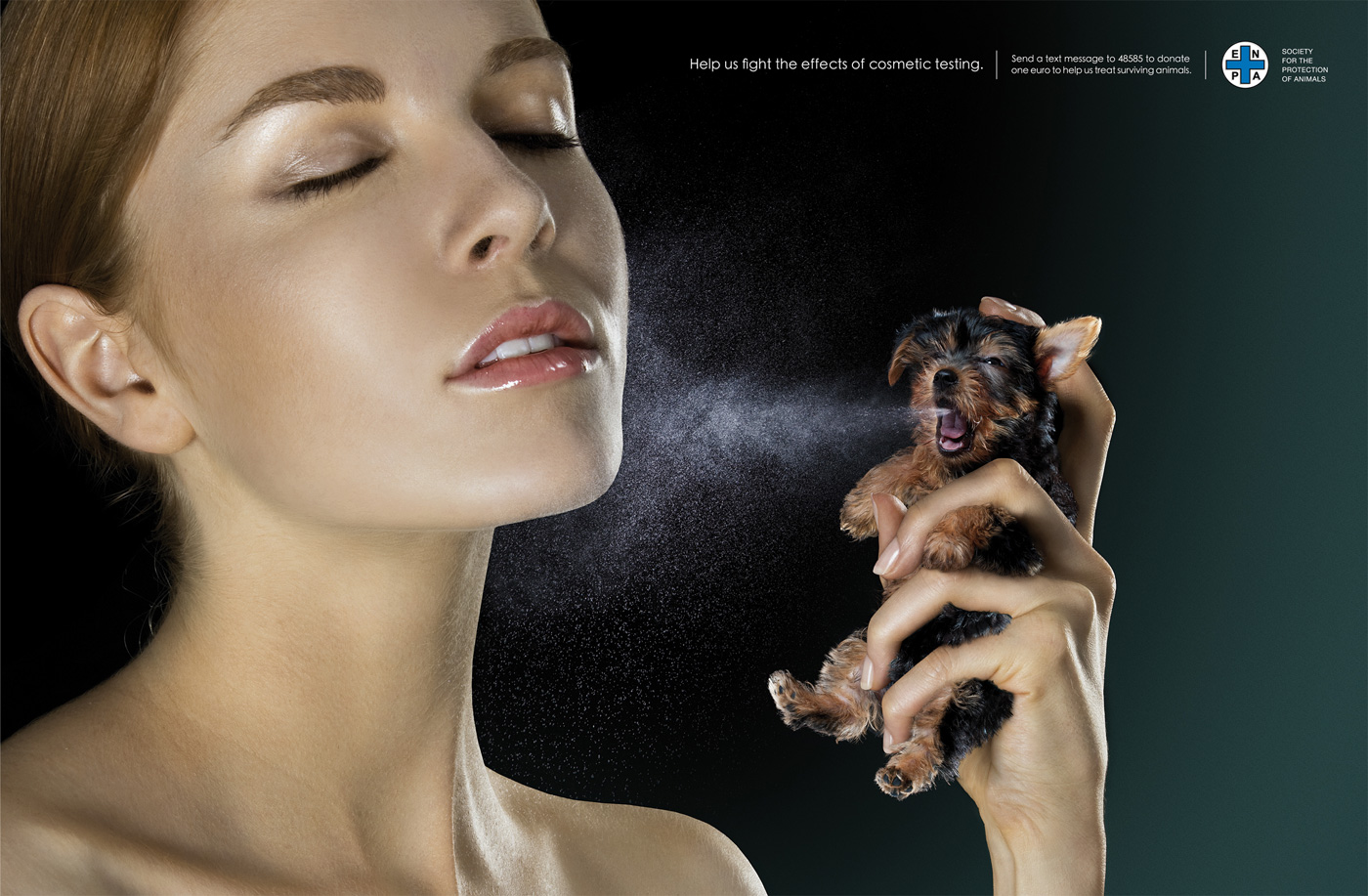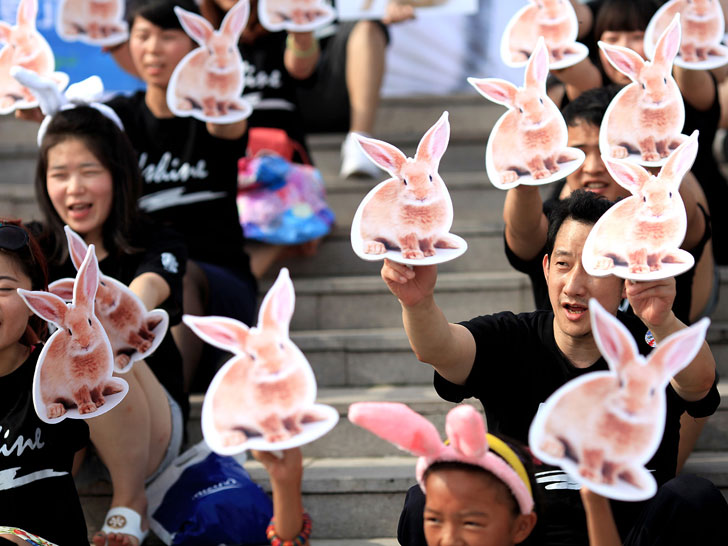Time for a change in the Chinese cosmetics landscape?
China used to run a lot of cosmetics test on animal avoiding any scandal. Lately, the animal rights advocates organized a move against this method that has been banished from every other country.
China try to make a change ?
From now on, the China Food and Drug Administration will stop using animal test on ordinary cosmetics (such as shampoos and skin-care products). Manufacturers will use other methods such as existing data on ingredient toxicology or tissue culture. They always had the opportunity of doing this but this is the first time they will actually follow the procedure.
Even if animal welfare advocates are generally happy of this devolpment, some industry specialists are still thinking this policy shift isn’t big enough on the short term. Indeed, this new way to do is not feasible on imported products or any special-use products, including hair dyes and sunblocks.
Following the announcement of this huge change in the cosmetic industry, members of international anti-animal testing movement showed their delight last Sunday on the streets of Dalian, a coastal city in Liaoning Province in northeastern China. They were inviting people in the street to celebrate with them and taking picture while they were wearing bunny ears and carring cardboard rabbits which is the most used animal in cosmetics testing.
Experts such as Troy Seidle, director of research and toxicology doubt that it is going to change overnight even thought it is undoubtedly a start. How long will it take to completely break free from animal testing is still anyone’s guess.
A take root method
The first time Chine decided to impose a safety supervision on cosmetics before they enter the market was in 1990. Afterward, according to Humane Society International, over 300,000 rabbits guinea pigs, mice and other animals were being tested every year. Cosmetic products were tested on their skin and eye to seek for any irritation. This celebration hasn’t raised that much attention which shows that China has still a long way to go before ending animal tests.
The cosmetics market in China has one of the most important growth of the country : 10.7% from 2013 to 2014. It imported nearly 1.2 billion of euros last year. Therefore, when the China Food and Drug Administration decided to make mandatory animal testing on ordinary products in February 2012, international brand such as like The Body Shop and Lush cosmetics which are based out of China, had to shut down because of their commitment to non animal testing.
On the other side, other brands like Avon and Estée Lauder decided to loosened their no-animal testing policy to be able to keep selling in Chine. It does not mean companies are agreeing with those practice but simply have no other choice. Kathy Guillermo, who is senior vice president at People for Ethical Treatment of Animals, wrote « For decades Estée Lauder enjoyed the support of consumers who believed the company’s ban on animal tests was permanent […] when the company quietly resumed its support for animal tests, it did not bother to inform those consumers ».
Not an overnight procedure
Erin H. Hill, who is vice president for program development at the Institute for In Vitro Sciences also wrote « the regulation was written with certain caveats […] since many of these have not been met, it is likely that the C.F.D.A. will continue to conduct their post-market surveillance as they have in the past »
Nevertheless, there are a big lack of know-how and right material on the Chinese side. It is next to impossible for them to use only sample tests of new products on tissues and not animals. This toxicology statement has been made way to early to be respected, which means manufacturers will probably fall back to animal testing.
Stay tuned here for our latest news about cosmetics in China
If this article interested you, you might like :




1 comment
Yuang Hu
China is late in terms of ethical procedures and practices regarding cosmetics. It’s time to change because any international brand wanting to sell cosmetics in China can lose the “vegan” label and sell less.